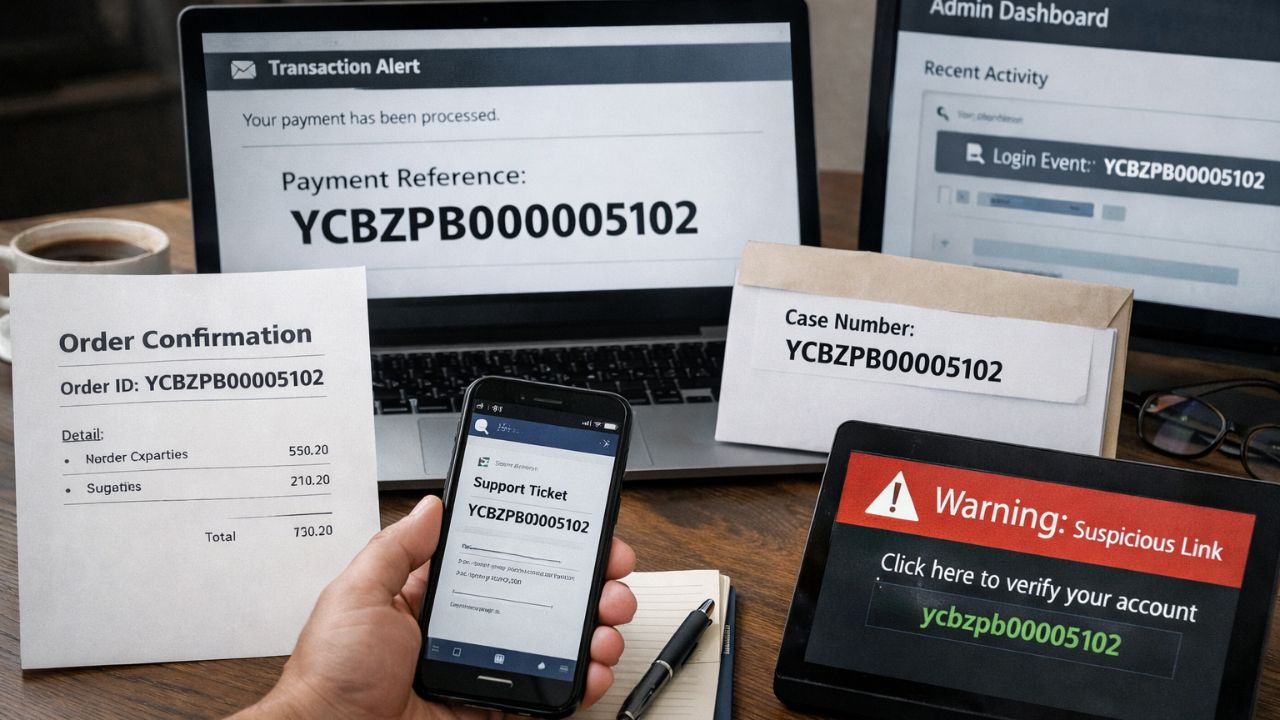Losing weight in a healthy, sustainable way requires a balanced approach that nourishes the body and avoids extreme measures that can lead to fatigue.
Here, we outline five essential principles for effective weight loss without feeling exhausted, drawing insights from Dr. Tran Thi Tra Phuong, a dietitian from Tam Anh General Hospital, and other expert recommendations.
1. Avoid Skipping Meals
One common misconception is that skipping meals speeds up weight loss, but this approach often backfires. Instead of reducing calorie intake drastically, focus on balanced meal portions. Skipping meals can leave the body deprived of energy, causing fatigue and making it harder to function throughout the day. Dr. Phuong emphasizes that weight loss should be about achieving a calorie deficit without shocking the body. Reducing portion sizes and choosing lower-calorie foods can help maintain energy levels and promote gradual weight loss.
Key Tip: Eat regularly scheduled meals with balanced nutrients to avoid energy dips and maintain mental and physical stamina.
2. Increase Fiber and Protein Intake, Limit Carbohydrates
A diet rich in fiber and protein can significantly improve satiety and help with sustainable weight loss. Green vegetables, fruits, and root vegetables contain fiber, which aids in digestion and prolongs feelings of fullness, thereby decreasing the urge to snack. Protein sources, such as white meat, eggs, beans, and nuts, are essential for muscle maintenance, which is critical to a healthy metabolism. Additionally, protein helps control hunger, preventing overeating.
When it comes to carbohydrates, choose those with a low glycemic index, like whole grains, barley, and brown rice. Low-GI carbs release energy gradually, preventing blood sugar spikes and maintaining steady energy levels.
Key Tip: Balance meals with fiber-rich vegetables, lean proteins, and low-GI carbs to manage hunger and sustain energy throughout the day.
3. Lose Weight Gradually
Rapid weight loss may seem appealing, but it can lead to exhaustion, nutrient deficiencies, and even skin issues, such as dryness and sagging. Gradual weight loss is easier for the body to adjust to and reduces the risk of fatigue. Dr. Phuong suggests incorporating healthy fats, such as those from fish, nuts, and olive oil, which are necessary for nutrient absorption and skin health.
Key Tip: Aim for slow, steady weight loss by making incremental changes to your diet and exercise routine. This approach is healthier and promotes long-term success.
4. Stay Hydrated by Drinking Enough Water Daily
Water plays a vital role in metabolism, detoxification, and appetite regulation. Drinking about two liters of water per day can support weight loss by keeping you hydrated and energized. Proper hydration prevents dehydration-related fatigue and helps manage hunger. Often, people mistake thirst for hunger, which results in unnecessary snacking.
Key Tip: Keep a water bottle with you and sip regularly throughout the day to support bodily functions and help manage your appetite naturally.
5. Exercise Healthily
Physical activity is essential for calorie burning and overall health. However, it’s important to select exercises that match your fitness level to prevent exhaustion. Low-impact activities such as walking, swimming, or yoga are gentle on the body while promoting weight loss. Gradually increase workout duration and intensity over time to build endurance without feeling drained.
Key Tip: Start with moderate exercises and progress gradually. This approach not only prevents burnout but also makes exercise a sustainable part of your routine.
Medical Guidance for Safe Weight Loss
For those who are overweight or obese, consulting a medical professional can provide valuable insights. Doctors may use body composition analyses or micronutrient testing to identify any nutritional imbalances. Based on these assessments, they can recommend a personalized nutrition and exercise plan that suits individual needs.
In Summary
Sustainable weight loss without exhaustion is achievable by following these principles—eating balanced meals, prioritizing fiber and protein, hydrating properly, exercising moderately, and seeking medical guidance. By adopting these habits, you can work toward your weight goals in a way that maintains energy, protects health, and supports long-term success.











































